Peterson Academy – Stephen Hicks – Modern Philosophy
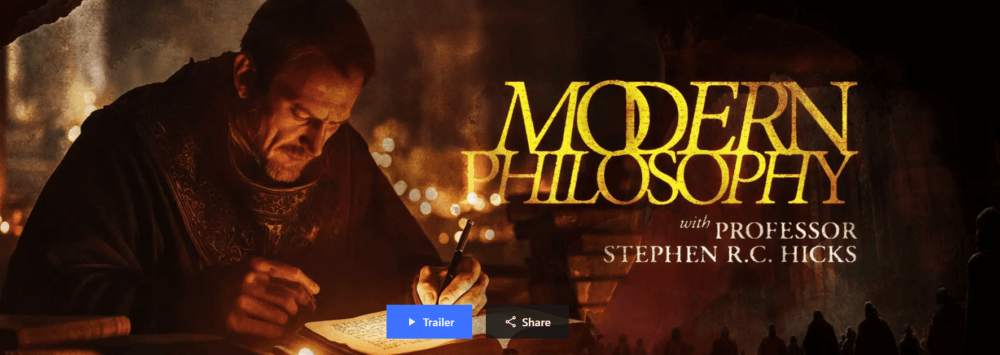
Dr. Stephen Hicks
Philosopher
In Modern Philosophy, a nine-hour course, we explore the development of modern philosophy from the 17th to the 19th century. We examine the pivotal roles of thinkers such as Francis Bacon, René Descartes, John Locke, Voltaire, Jean-Jacques Rousseau, David Hume, Immanuel Kant, Georg Hegel, Karl Marx, John Stuart Mill, and Friedrich Nietzsche. The course highlights the contrasting approaches of empiricism and rationalism, the Enlightenment’s emphasis on reason and individual liberty, and the Counter-Enlightenment’s critiques of these principles, culminating in the ongoing influence of these ideas in the 19th century.
Lectures
1. Birth of the Modern
In our first lecture, Dr. Hicks introduces us to modern philosophy, focusing on the pivotal role played by Francis Bacon in the early 17th century. We explore Bacon’s groundbreaking work, the Great Instauration, particularly the Novum Organum, which proposes a new empirical and experimental approach to acquiring knowledge, emphasizing the importance of inductive reasoning, the careful observation of nature, and the need for a critical examination of the human mind’s inherent biases and limitations.
2. Radical Doubt
In lecture two, we learn about the philosophical works of René Descartes, a key figure in the birth of modern philosophy, focusing on his famous Meditations and the method of doubt he employs to establish a secure foundation for knowledge. The lecture examines Descartes’ arguments for the existence of the self and God, highlighting his rationalist approach and its contrast with the empiricist tradition, as exemplified by Francis Bacon.
3. The Promise of Individual Empiricism
In lecture three, we dive into John Locke’s influential ideas on religious toleration and the separation of church and state. Drawing upon Locke’s “Letter Concerning Toleration,” Dr. Hicks explores Locke’s arguments for individual freedom of conscience, the voluntary nature of religious association, and the necessity of distinguishing between the roles of government and religion. The lecture also highlights the historical and political context of 17th-century England, which shaped Locke’s philosophical perspectives on these issues.
4. The French Enlightenment
In lecture four, are guided through the French Enlightenment, focusing on the influential thinker Voltaire and his contemporaries. The lecture explores Voltaire’s Letters Concerning the English Nation, which contrast English religious tolerance, politics, and intellectual life with the authoritarian practices in France, emphasizing the need for reason, evidence, and individual liberty. The French Encyclopédie project, aiming to democratize knowledge, and the growing cosmopolitanism and belief in social progress through science and reason, are highlighted as key aspects of the Enlightenment vision.
5. Counter-Enlightenment
In lecture five, we delve into the Counter-Enlightenment movement that emerged in the mid-18th century, focusing on the influential figures of Jean-Jacques Rousseau and David Hume. The lecture examines their critiques of Enlightenment principles, with Rousseau advocating for a communal, authoritarian political ideology and Hume presenting skeptical arguments against causation, identity, and the rational derivation of moral principles.
6. Awakening from the Dogmatic Slumber
In lecture six, we study the philosophy of Immanuel Kant, exploring his groundbreaking ideas that revolutionized modern thought. Kant proposes a “Copernican revolution” in philosophy, arguing that knowledge must conform to the constitution of the subject rather than objects, leading to a distinction between the phenomenal and noumenal worlds. Dr. Hicks also examines Kant’s moral philosophy, centered on the categorical imperative and the importance of obedience and duty, as well as his views on religion, censorship, and the education of children.
7. Resurgent Collectivism
In lecture seven, Dr. Hicks discusses the philosophical ideas of Georg Hegel and Karl Marx, focusing on their critiques of Enlightenment individualism and their collectivist, determinist philosophies of history. Hegel argues that Reason, as a divine force, governs the world through a dialectical process, using states and “world historical individuals” as its instruments, with the ultimate aim of realizing God’s plan. Marx inverts Hegel’s idealism, claiming that material conditions determine consciousness and that individuals are shaped by their social and economic circumstances, leading to the necessity of revolution to resolve contradictions between different logics and ideologies.
8. Liberal or Anti-Liberal?
In our eighth and final lecture, we explore the ongoing influence of the Enlightenment in the 19th century, focusing on the contrasting philosophies of John Stuart Mill and Friedrich Nietzsche. Mill, a British thinker, defends individual liberty and free speech, arguing that censorship hinders the pursuit of truth and human progress. On the other hand, Nietzsche, a German philosopher, critiques traditional morality, proposing a distinction between “master” and “slave” moralities, shaped by historical and cultural factors. Dr. Hicks concludes the course by urging us to delve deeper into the works of various figures in modern philosophy, from whom we are certain to uncover a wealth of wisdom.










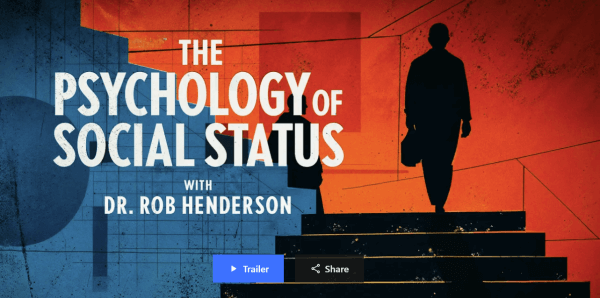
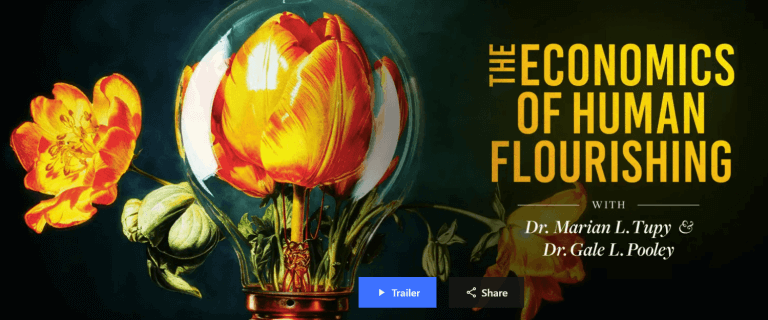
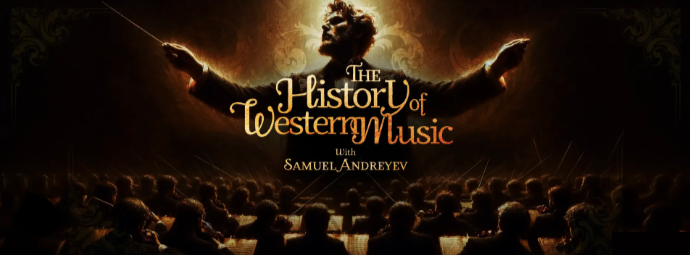
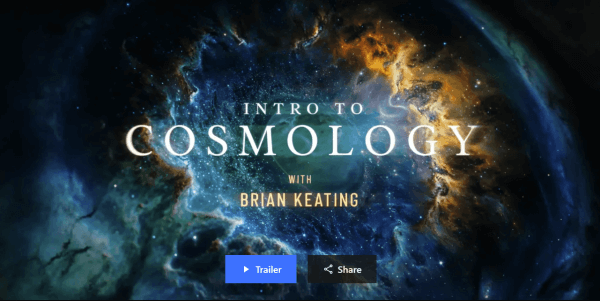
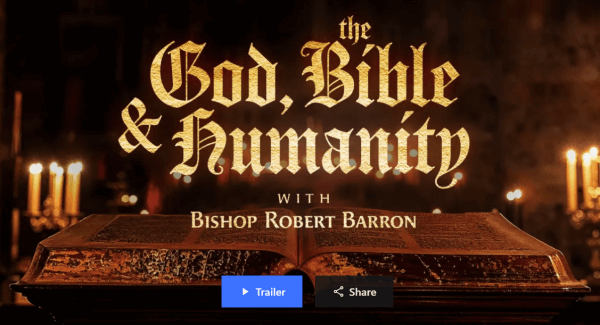

Reviews
There are no reviews yet.